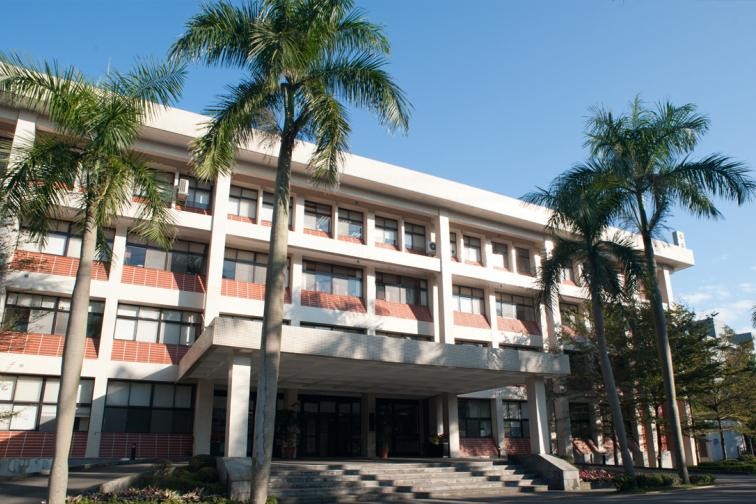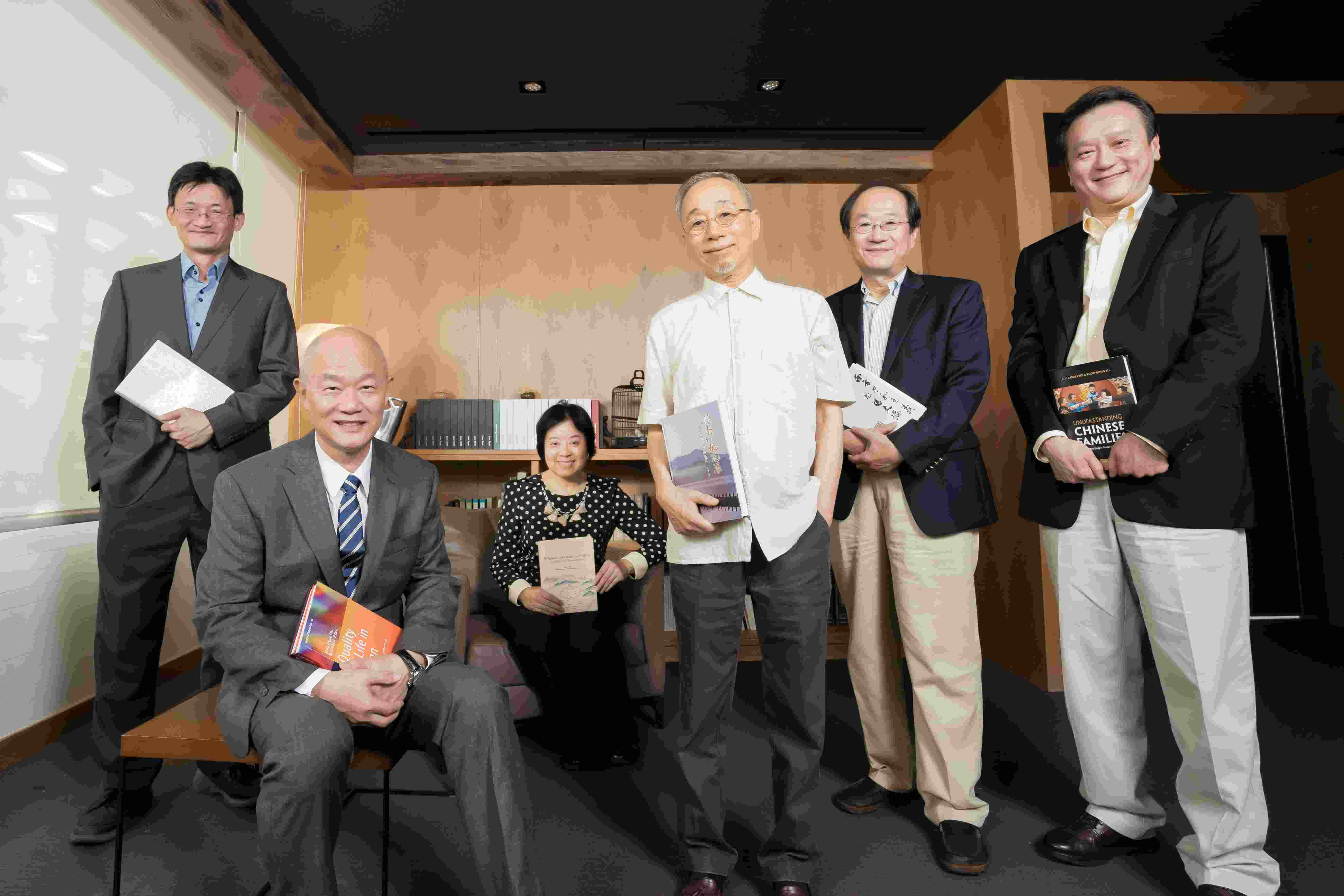- 演講或講座
- 生物醫學科學研究所
- 地點
生醫所地下室B1B演講廳
- 演講人姓名
Ling-shiang (Felix) Chuang 博士 (Icahn School of Medicine)
- 活動狀態
確定
- 活動網址
Macrophage (M-), granulocyte (G-), and granulocyte-macrophage (GM-) colony-stimulating factors (CSFs) regulate myeloid function. However, their specific mechanisms within the intestine during inflammation remain poorly defined and are associated with Crohn's Disease (CD) risk. By performing single-cell spatial transcriptomics on ileal tissues from CD patients, we identify inflammatory niches enriched for GM-CSF signaling machinery, distinct from M-CSF and G-CSF, and define cell-specific, source-target mappings which distinguish these myeloid growth factors. Using a csf2rb-/- zebrafish model to examine GM-CSF-dependent myeloid-lymphoid cell cross-talk in vivo, we demonstrate that GM-CSF mitigates intestinal injury by restricting ILC1 expansion and activity while enhancing ILC3 maintenance and IL-22 production. In inflamed CD tissues, lymphocytes present in ulcers produce GM-CSF which signals through neighboring macrophage aggregates via STAT5 phosphorylation, with significantly less activation of ERK or STAT3 phosphorylation. Thus, GM-CSF signaling within spatially-restricted regions of the intestine enhances myeloid-lymphoid cross-talk to support intestinal homeostasis during inflammation.









 首頁
首頁

